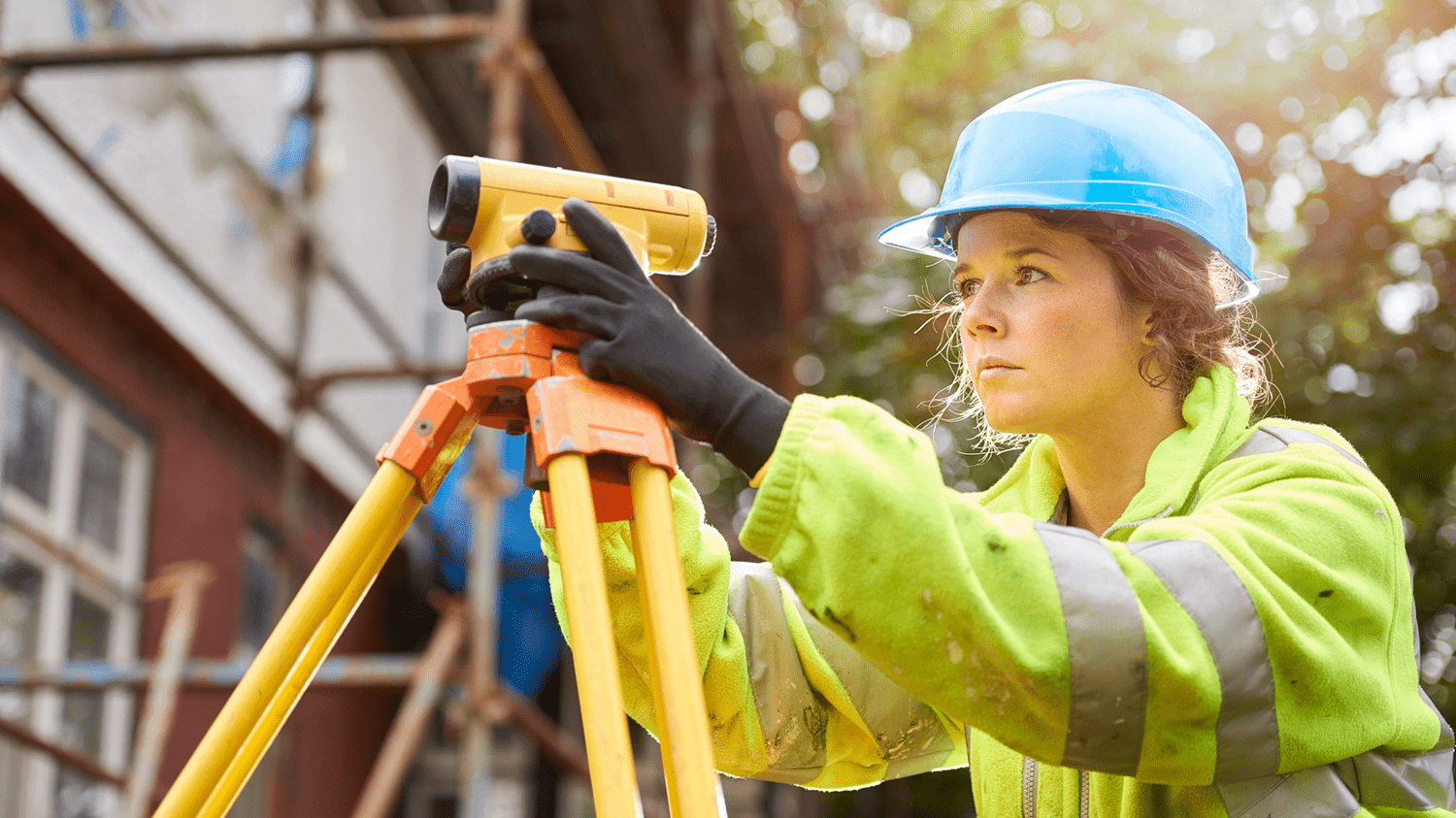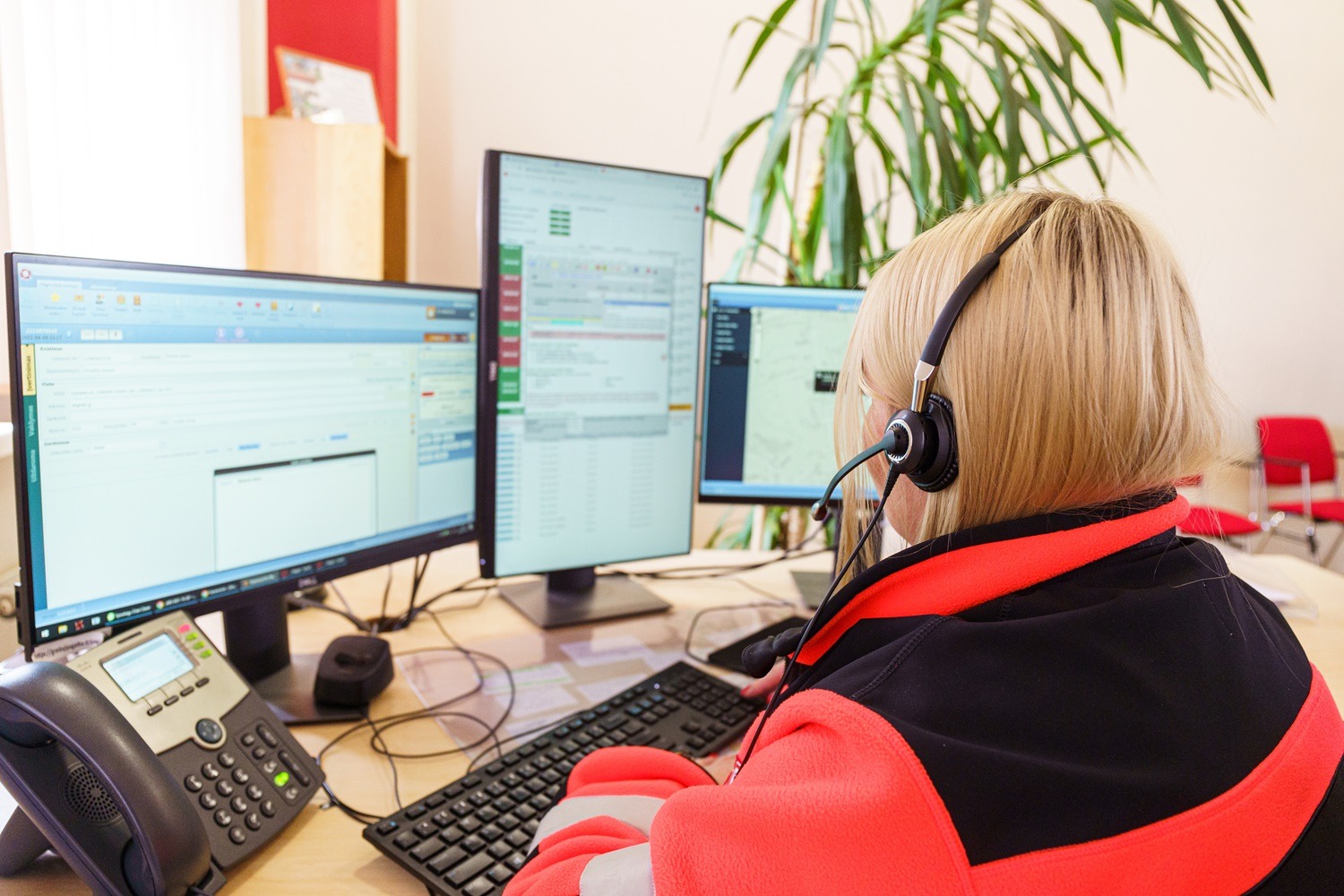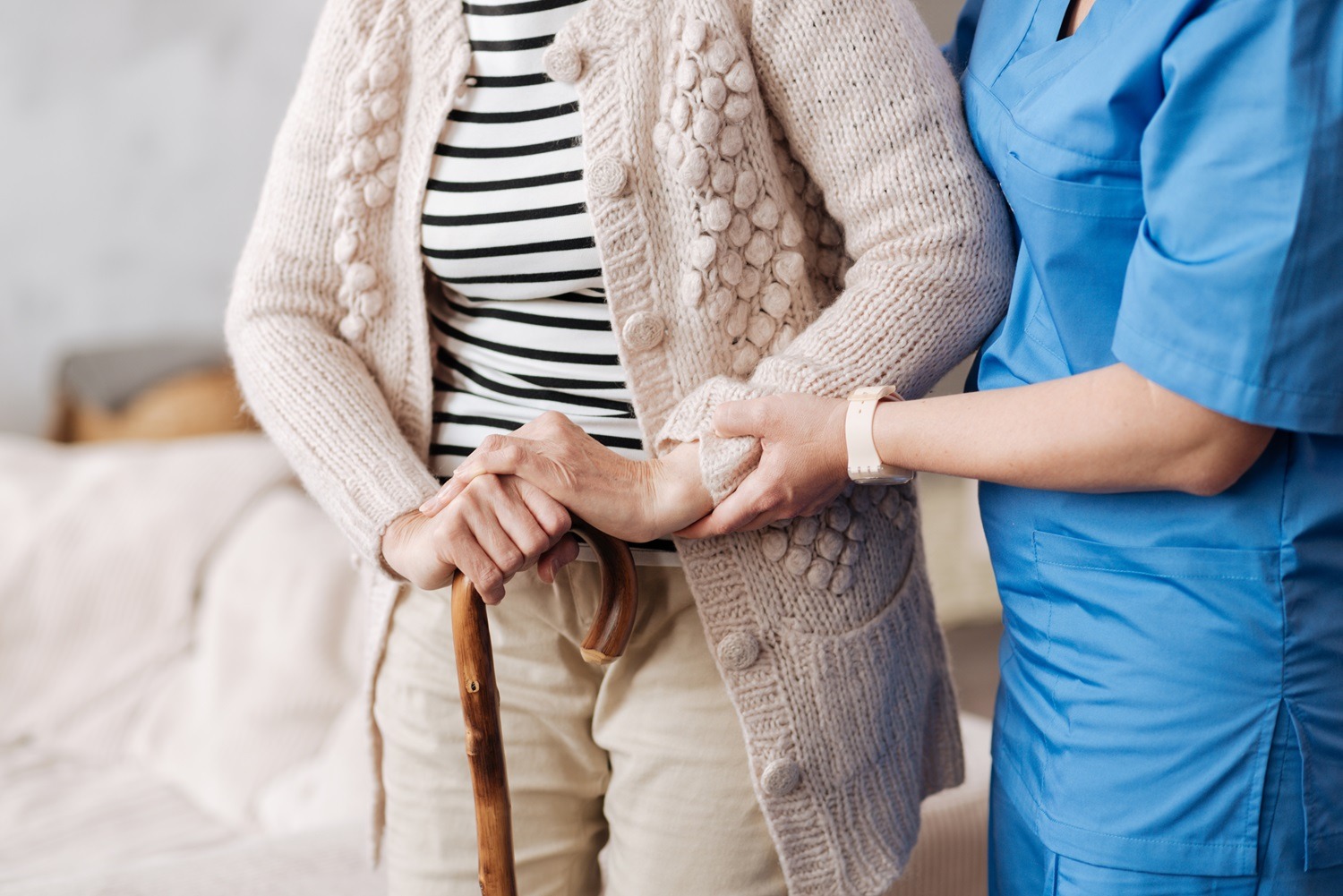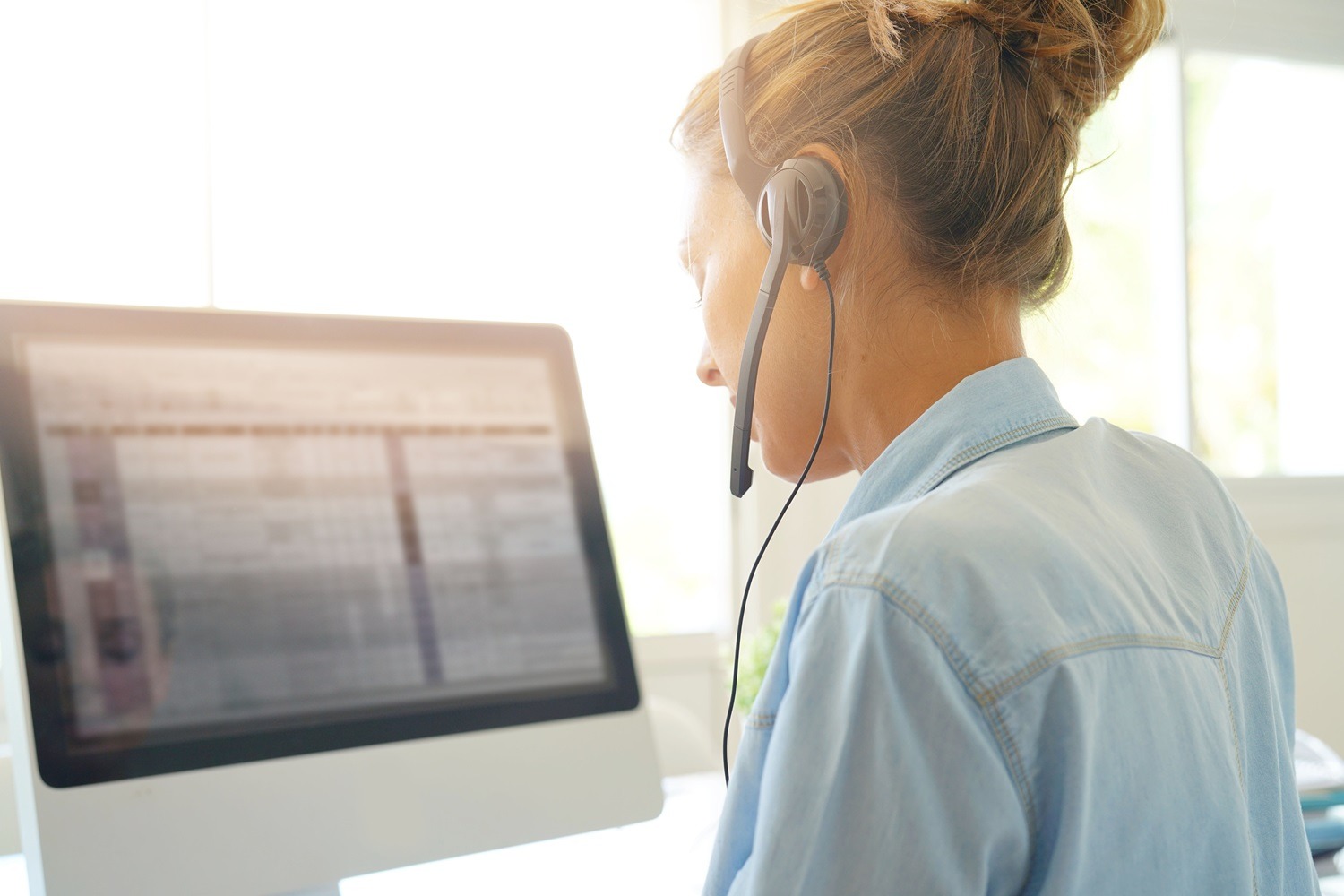
If your charity has volunteers who work alone, you should conduct a risk assessment and have lone worker monitoring in place if necessary.
When do volunteers need work alone monitoring?
The Canadian Centre for Occupational Health and Safety defines a lone worker as someone who cannot be seen or heard by another person when they’re on their own at work. While this definition refers to employees, volunteers can also be at risk when conducting their duties alone.
Whether you’re hosting a fundraising event, festival, or have volunteers come through your charitable organization, lone worker protection is essential when volunteers are on their own. Anyone visiting a home to solicit donations, for example, should have a check-in system in place.
What is the standard for managing volunteers in Canada?
Volunteer Canada published the Canadian Code for Volunteer Involvement as a national standard and guideline regarding volunteer workplace safety. The guidelines include policies and procedures, risk management, quality assurance, support, and appropriate supervision for volunteers.
Your organization is responsible for having risk management procedures for volunteers and where they work. That includes assessing, managing, and mitigating risks to volunteers and your organization, clients, and program or event participants. You should assess each volunteer role for hazards as part of your screening process.
While there are national standards for managing risk management for volunteers, lone worker monitoring is not compulsory by legislation. However, the guidelines require that the volunteers receive appropriate supervision and support for their role.
If they are at risk by working alone, it’s your responsibility to have adequate safety measures. Those measures could include lone worker monitoring and check-ins.
Checking in with volunteers
The CommAlert Group is a 24-hour call centre that offers comprehensive lone worker safety solutions. We provide monitoring and a check-in service for all types of lone workers, including volunteers of non-profit and charitable organizations.
Each solution is tailored specifically to the organization’s needs. For example, you might require volunteers to check-in at the start and end of their shift. For those working in remote areas, travelling, or soliciting door-to-door, having quick access to a live operator can mitigate risk, improve safety, and provide peace of mind.
Your organization can also choose to set up a DIY monitoring system. As long as you have a role dedicated to monitoring and check-ins, it can also help mitigate risk and improve safety. If your organization doesn’t have the resources to provide focused monitoring and check-in procedures for your volunteers, outsourcing it to CommAlert is a safe and cost-effective solution.




